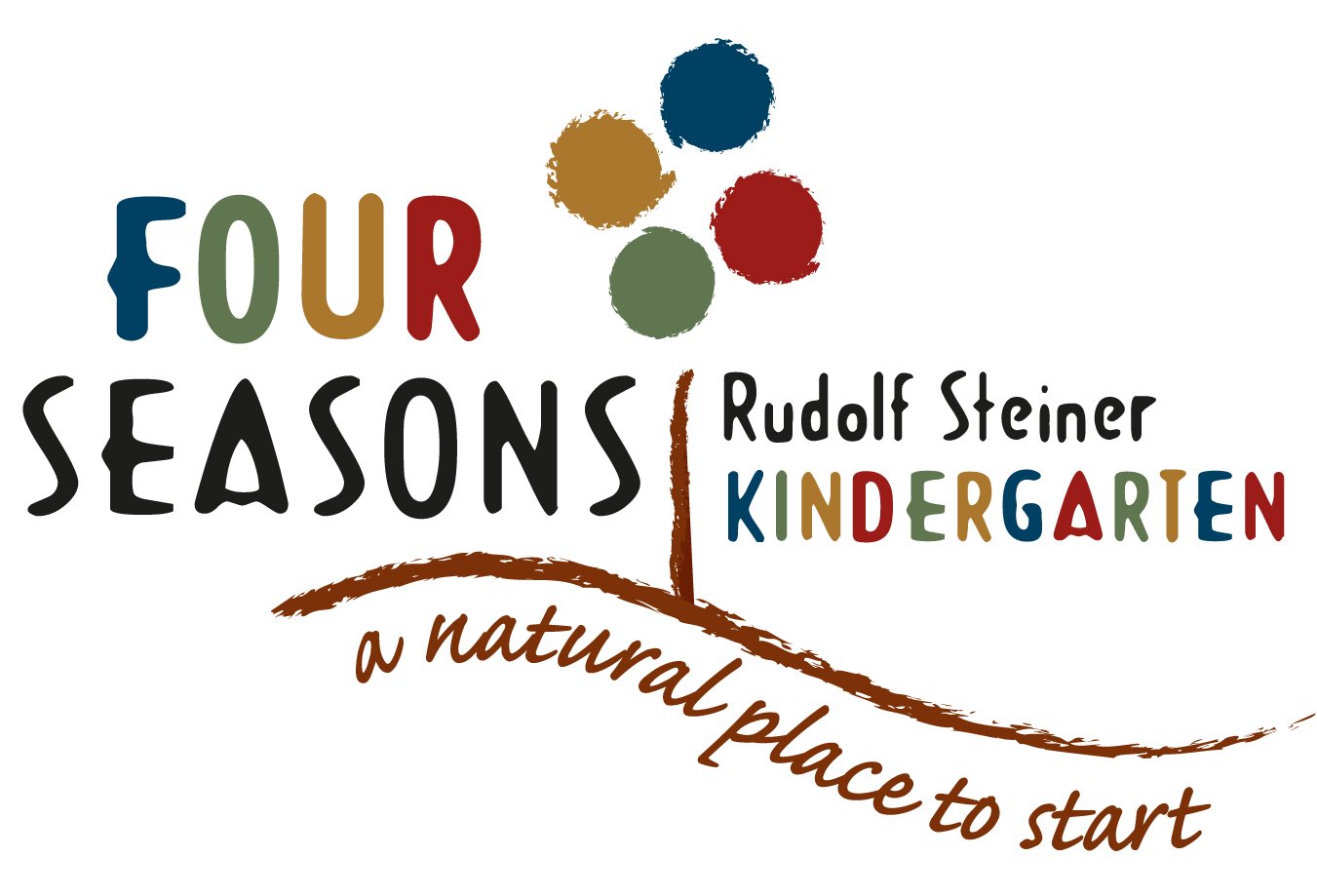Nurturing toileting independence
Toilet independence is a significant milestone in a child's development, marking a step towards greater autonomy and self-care. This journey is best navigated with the loving guidance of whānau at home, complemented by the support of early childhood educators if your child attends a kindergarten or ECE setting. The combined efforts of both environments create a cohesive and reassuring experience for the tamaiti. At Four Seasons Kindergarten, we welcome tamariki at all stages of toilet readiness (in nappies and/or underwear). Suppose your transition to wearing underwear and toilet independence begins after your child starts with us. In that case, we invite connection with whānau before you begin learning at home so that we can support the transition from nappies to underwear.
At home, whānau are uniquely positioned to lead the way. The comfort and familiarity of the family environment provide an ideal backdrop for introducing toilet routines. Parents and caregivers can tailor their approach to suit their child's individual pace, preferences, and readiness. Creating a positive and stress-free atmosphere is crucial; tamariki should feel encouraged and supported, never pressured.
Some whānau choose a child-orientated approach, guided by their child's readiness. Common signs begin around age two, when whānau notice a change in nappy use. Urination becomes less frequent (with increased quantity each time), and bowel motions are formed more regularly. Tamariki become aware of their bodily functions and curious about toileting. Other whānau choose a structured end-point approach led by parents according to the season, thinking summer is the best time to support their child with toileting independence. Sometimes, this places expectations on a child that is not developmentally ready. A conversation with your kindergarten/ECE kaiako is a great way to have support in place for this milestone.
Joyfully celebrating small successes and maintaining patience during setbacks are key to fostering confidence and resilience. However, using rewards when success occurs can confuse tamariki, as these won't be used in our setting. Extrinsic rewards like lollies or sticker charts can undermine intrinsic motivation. We draw from Alfie Kohn's work, arguing that rewards can create a dependency on external validation rather than fostering a genuine sense of accomplishment.
Embrace the support of early childhood educators in this transition. Kaiako can reinforce the rhythms and practices established at home in kindergarten and nursery settings. Regular communication between whānau and kaiako ensures consistency and coherence in the child's experience. Sharing progress, strategies, and challenges helps to align approaches and expectations. Kaiako can also offer valuable insights based on their professional experience and observations of tamariki in a group setting.
This collaborative effort enhances the toileting process and fosters a child’s sense of security and trust. When tamariki see that their whānau and kaiako are working together, it reinforces the importance of this developmental step and provides a unified support system. Together, we can create a seamless and supportive pathway towards toilet independence, ensuring a confident transition for the child.
